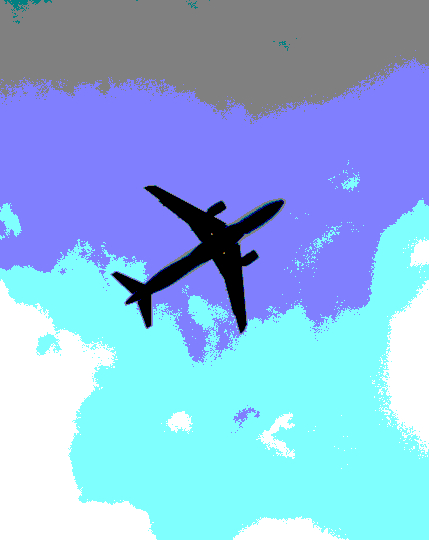Air crash case ends
 Airbus and Air France have been cleared of involuntary manslaughter charges in the deaths of 228 people in 2009.
Airbus and Air France have been cleared of involuntary manslaughter charges in the deaths of 228 people in 2009.
The charges were laid in relation to the tragic crash of flight AF447, which went down en route from Rio de Janeiro to Paris 14 years ago, killing everyone on board.
The ruling came after a historic public trial, which lasted for nine weeks, presided over by French Judge Sylvie Daunis.
While announcing the verdict, she listed acts of negligence by both companies but stated that it was not enough to establish a definitive link to France's worst plane disaster under French criminal law.
“A probable causal link isn't sufficient to characterise an offence,” she said, marking the end of France's first-ever corporate manslaughter trial.
The verdict was met with silence by the families of the victims, who had campaigned for justice for over a decade.
Claire Durousseau, who lost her niece in the crash, said; “Our lost ones have died a second time. I feel sick”.
A spokesperson for some of the families said they were “mortified and overwhelmed” by the verdict, which followed a “chaotic” legal path stretching over more than a decade.
“The loser first and foremost is French justice,” Daniele Lamy, president of the AF447 victims' association, said.
Both companies had pleaded not guilty to the charges, for which the maximum corporate fine is 225,000 euros (AU$367,000). Both are reported to have paid undisclosed civil damages.
The AF447 disaster has been one of the most widely debated in aviation history and led to a number of technical and training changes.
French civil investigators found that pilots had responded clumsily to a problem involving iced-up speed sensors and lurched into a freefall without responding to stall alerts.
The trial also put the spotlight on earlier discussions between Air France and Airbus about growing problems with external "pitot probes" that generate speed readings.
The focus of the trial was whether Airbus had reacted too slowly to a rising number of speed incidents and whether the airline had done enough to ensure pilots were sufficiently trained.
After nine weeks of evidence, prosecutors concluded that there was not enough information to establish blame, to the dismay of representatives of bereaved families who refused to accept the decision.
Air France has expressed “deepest compassion” to relatives and said it had confidence in all of its pilots and crew. A lawyer for Airbus declined to comment following the verdict.







 Print
Print